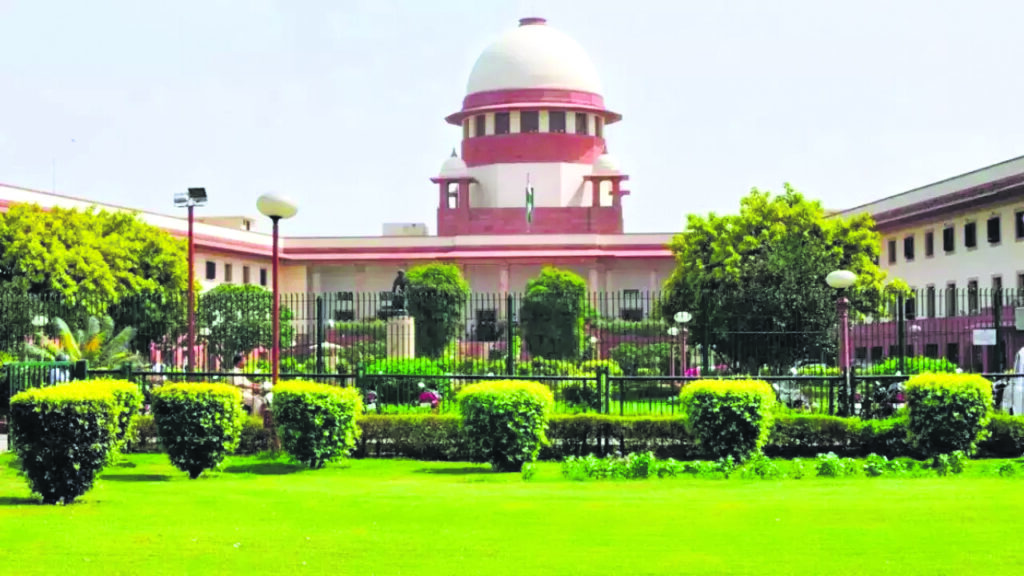Radhika Mittal
The Supreme Court of India addressed a critical divergence of opinion among High Courts regarding the limitation period for appeals filed under the National Investigation Agency (NIA) Act . In a recent interim order, the Apex Court clarified that appeals brought under Section 21 of the NIA Act should not be dismissed outright solely on the basis of exceeding the prescribed 90-day limitation period.
The Bench comprising of Chief Justice of India Sanjiv Khanna, Justice PV Sanjay Kumar, and Justice KV Viswanathan,explained that the core issue lies in differing interpretations of the proviso within Section 21(5) of the NIA Act, which stipulates that appeals must be filed within 90 days. While the Act allows for appeals against judgments, sentences, or orders (excluding interlocutory orders) made by special courts, the 90-day window has been a point of contention.
Two recent High Court decisions highlight the contrasting viewpoints. In 2023, the Bombay High Court took a more lenient stance ruling that the Appellate Courts possess the discretion to condone delays extending beyond the 90-day mark, provided that sufficient cause for the delay is adequately demonstrated. This interpretation prioritized the merits of the appeal and the principles of natural justice, allowing for exceptional circumstances to be taken into account.
However, in 2024, the Madras High Court adopted a stricter interpretation, asserting that High Courts lack the inherent power to condone delays beyond the explicitly defined 90-day limit for appeals under the NIA Act. This perspective emphasized the importance of adhering to statutory timelines and preventing prolonged legal proceedings.
Recognizing the potential for inconsistency and the need for a uniform application of the law, the Supreme Court, in the instant case intervened to provide clarity. The interim order explicitly states that appeals filed by accused individuals or victims will not be summarily dismissed merely because the delay exceeds the 90-day period.
This intervention signals the Supreme Court’s intention to examine the nature of the limitation period – whether it is directory, providing guidance but allowing for exceptions, or mandatory, requiring strict adherence. The Court’s final determination will have significant implications for the future admissibility of appeals under the NIA Act.
The Supreme Court’s decision to consider the condonation of delay in NIA appeals underscores its commitment to balancing the need for timely resolution of cases with the fundamental right to seek legal recourse. Additional Solicitor General KM Nataraj represented the NIA in the proceedings, highlighting the significance of the issue for the investigating agency and the broader legal landscape.
Case Name: Sajal Awasthi Versus Union of India
Case Number : W.P.(C) No. 1076/20
Bench : CJI Sanjiv Khanna and Justices Sanjay Kumar and KV Viswanathan

